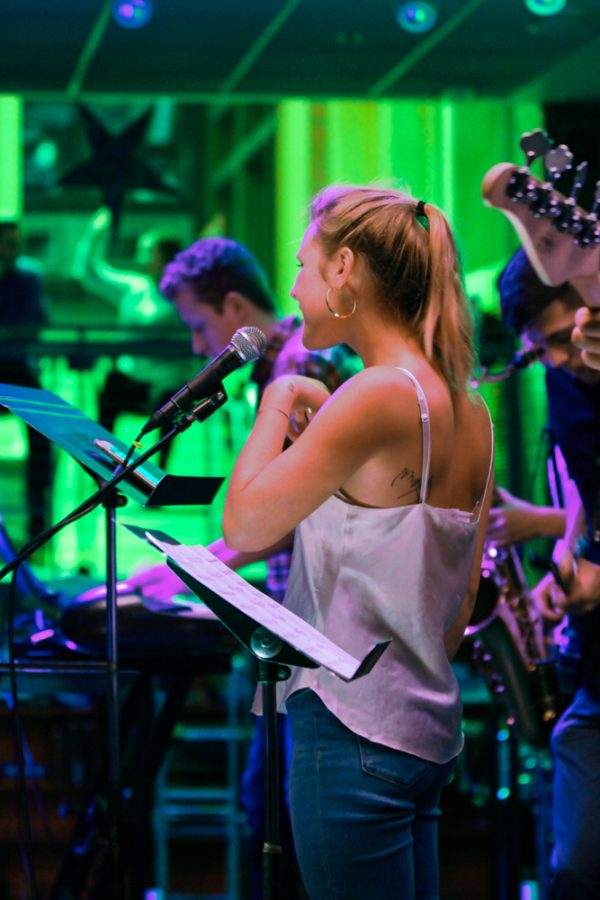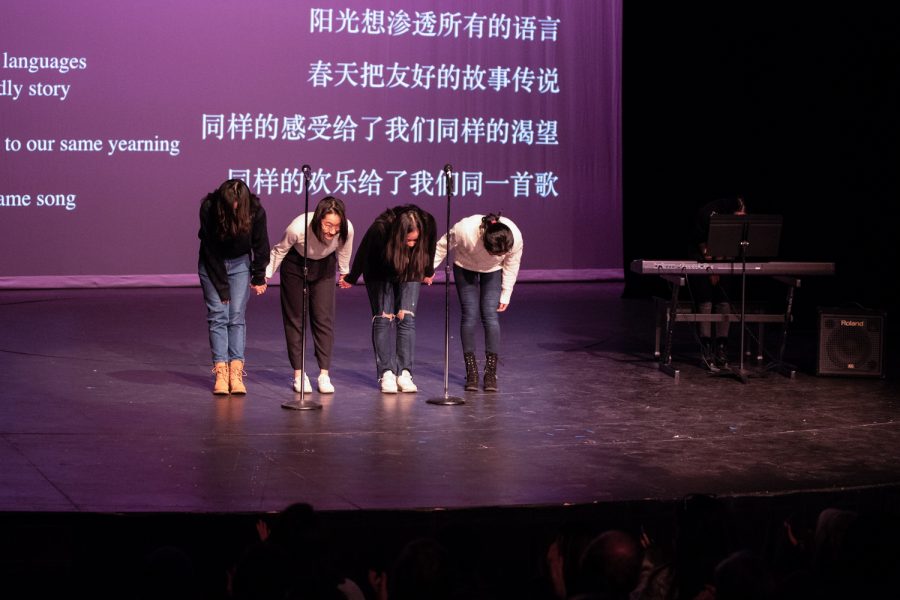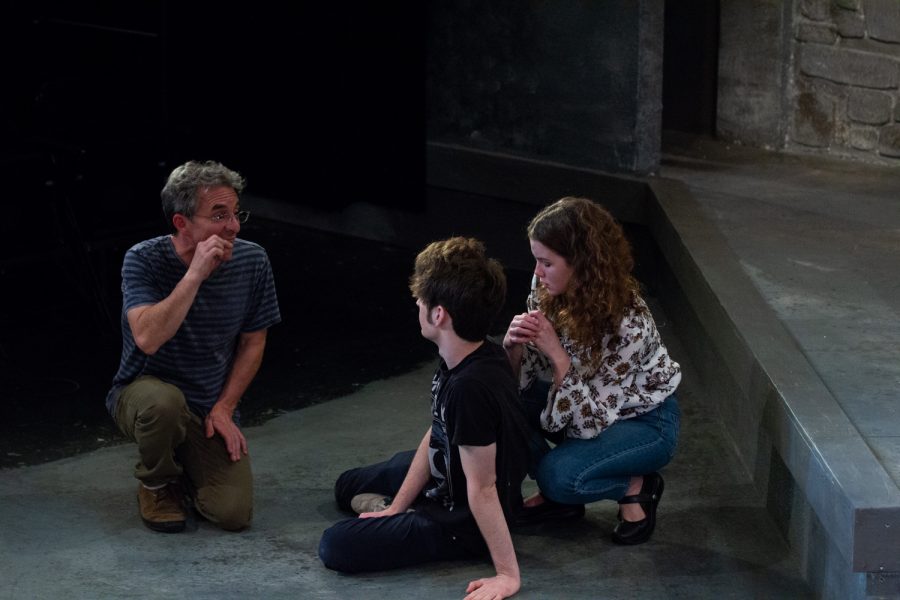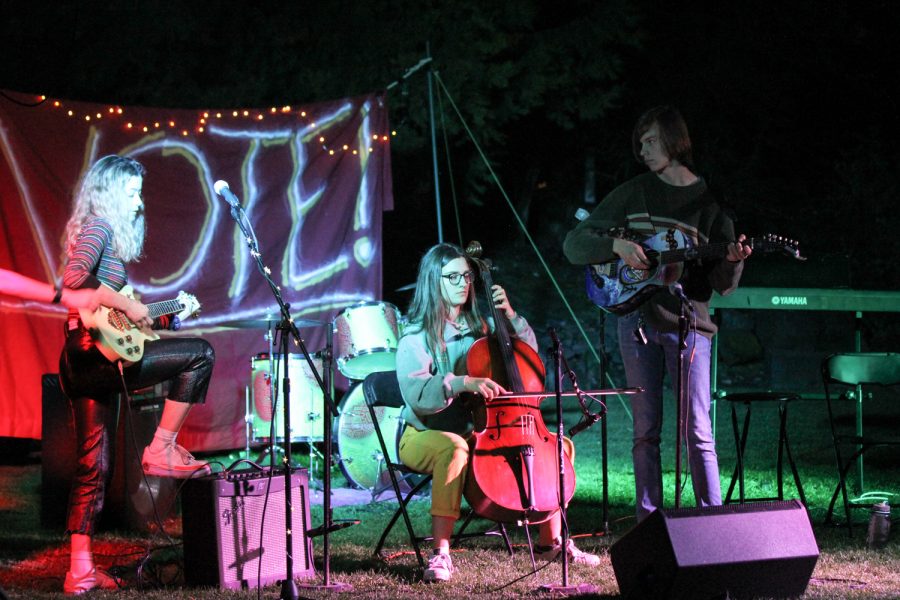Susan Pickett, the Catherine Gould Chism Chair of Music at Whitman College, discussed her recently released book on Wed., Mar. 11. The book, “Marion and Emilie Frances Bauer: From the Wild West to American Musical Modernism,” provides the first comprehensive account of the lives and professional accomplishments of these two remarkable sisters. The Pioneer sat down with Pickett to find out more about the journey of her book.
The Pioneer: What led you to the decision to choose Marion and Emily Frances Bauer and write a book about them?
Dr. Susan Pickett: [About 25 years ago] I was looking for new music to perform [since] I am a violinist. I decided that I would focus on American composers, and so I went over to Penrose [Library] and there was a dictionary of American composers that was published in the late 1940s. It had many names of people I had never heard of, so I was browsing through to see if anyone had written anything for violin. I happen to cross the name Marion Bauer; it was very brief paragraph that said she was born in Walla Walla, and of course that caught my attention. She was also born on April 15 –– my birthday … Over the years and years of research, I pieced her life back together … using hundreds and hundreds of different sources. My interest in her sister, Emily Frances Bauer, came later … There was a lack of information as well as misinformation out there, and I thought in the end, both sisters deserved to be recognized not so much for their Walla Walla roots, but because they were excellent musicians.

Pio: What did you learn from the research process?
Pickett: Let me answer that in two ways. One is that I learned that even though Marion Bauer didn’t die so long ago –– she died in 1955 –– it took a tremendous effort to figure out who she was, what she did and what she composed. She seemed to almost be wiped off the face of the Earth after her death. It’s been extremely rewarding to me to find her manuscripts and figure out what her music sounds like, to encourage performers … to record some of her works and get her name out there again. Just as important for me was the fact that my curiosity about the very first woman composer I had ever heard of, led me to wonder about other women composers. Now I know that there were over 6,000 female composers who had been documented in the history of Western music, but almost none of whom are mentioned in mainstream texts.
Pio: How has writing this book affected you and your feelings on music history?
Pickett: My life was transformed the day I read that paragraph about Marion Bauer. I went through 10 years of college and read dozens of music history texts, and not one woman composer was ever mentioned. It was reading about Marion Bauer, who happened to be born here and who happened to share my birthday, that opened up the world of women composers to me. It showed me that what I have been taught throughout all of my degrees was a very narrow and biased perspective. It taught me to critically question every textbook I laid my hands on.
Pio: What message or theme did you want your readers to get at?
Pickett: At its core this book is about one woman composer out of the 6,000 who have been ignored. [I want] to show that this one deserves attention and that historians need to rethink music history.









